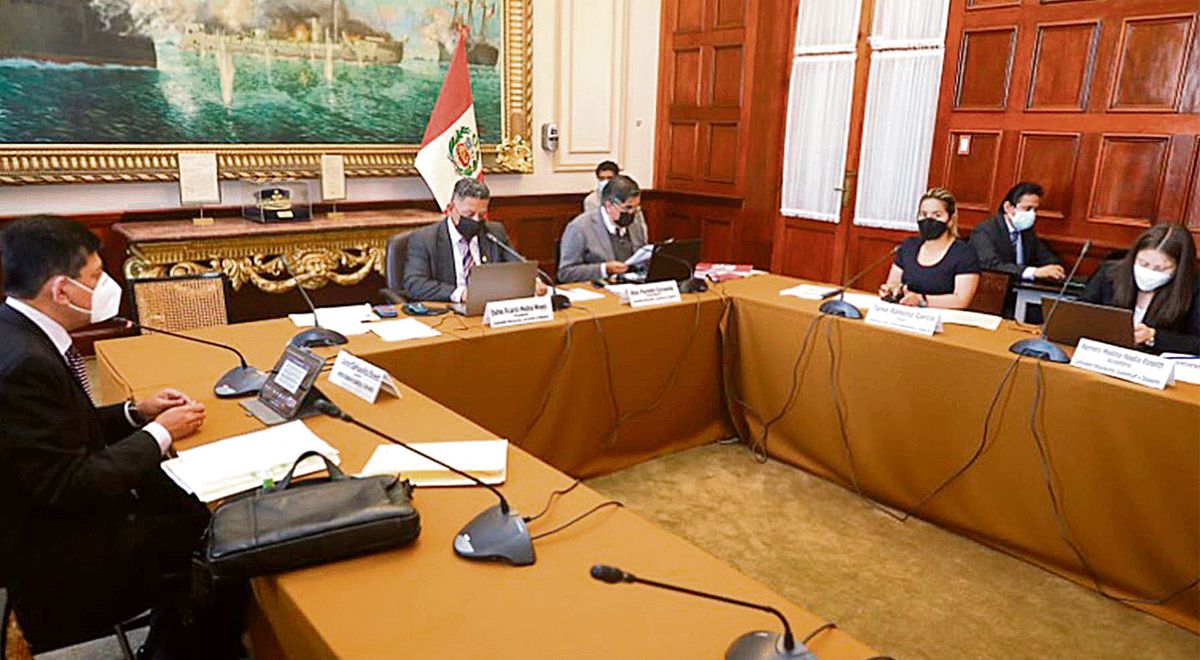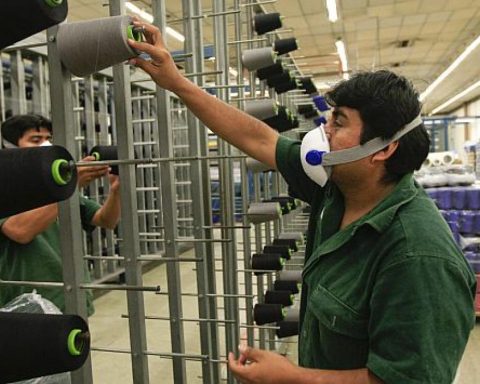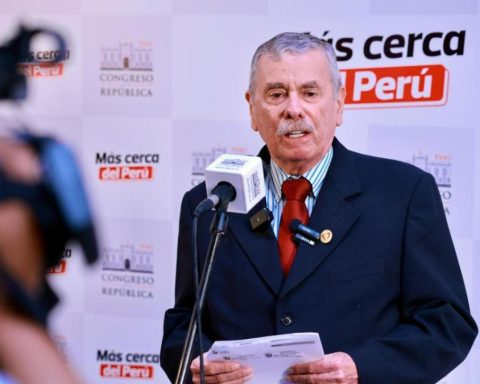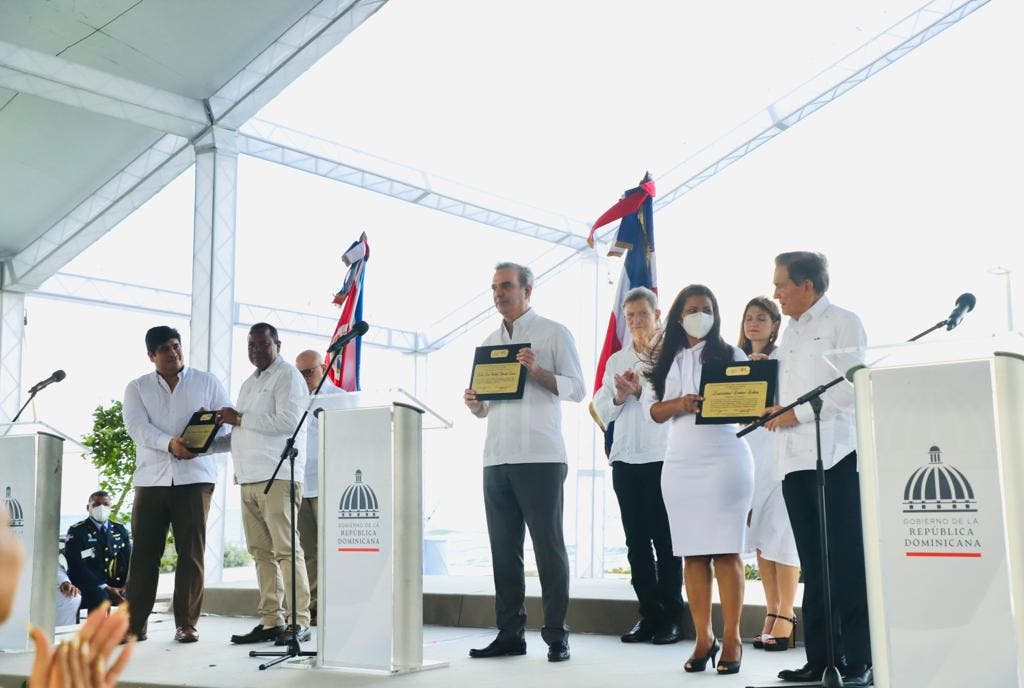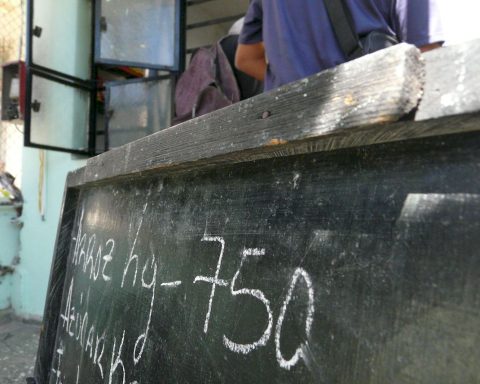The boycott of university reform approved on Friday by the Education Commission used false arguments. Parliamentarians that day they approved converting Sunedu into an entity similar to the defunct National Assembly of Rectors (ANR), and give a new bailout to unlicensed universities. Let’s see. The bill of the congressman for Popular Renovation Esdras Medina maintains that university autonomy is violated through Sunedu, but this has been denied by the Constitutional Court (TC), recalls the former minister of Education Daniel Alfaro. ” The University Law is a constitutional law, according to the TC itself. That can be debated, but there is a very clear antecedent. ”
Even in a previous dialogue with La República, the head of Sunedu, Oswaldo Zegarra, detailed that in the sentence of November 15, 2015 the TC said that ” although it is true that university autonomy guarantees the independence of universities, in various aspects, It is also true that it does not give him carte blanche to act abusing unrestricted freedom (…) ”.
Jorge Mori, former director of Higher University Education at Minedu, It points out that the TC issued two sentences, including in which it indicated that “university autonomy is not violated, on the contrary, it strengthens it.”
YOU CAN SEE: Sunedu in the crosshairs of Congress: Is university reform in danger?
In the Medina project it is argued that the composition of the Sunedu Board of Directors is not 100% plural, that it lacks university representation and that ” its members are destined ‘factually’ by the Executive power”
On this, the Sunedu specifies that it is false, since the council is made up of two representatives of the State and five independent citizens elected by public competition. They have experience in university teaching. And they are all senior professors, doctors, many of them award-winning and highly experienced. ” The rectors cannot elect the regulators of the system. When they say ‘we are going to elect the representatives of the public or private universities’ they are subjecting the person chosen to account to those who have chosen him and therefore lose autonomy. ”
In that sense, Mori says that what the parliamentarians allege is an “argumentative stunt,” which only seeks to destroy the Board of Directors.
YOU CAN SEE: Youth in defense of the Reform
But the empty arguments of the congressmen who want to overturn the reform do not end there. In the Education Commission it was said that the Sunedu had been “very soft on other private universities” and it was implied that he had favored some.
In this regard, Alfaro states that the licensing process was the same.
Mori states that you can enter the Sunedu portal and review the technical reports of the process of each university.
YOU CAN SEE: Threats Against University Reform Don’t Stop
Precisely, for this reason it would not be fair to bail out unlicensed universities either., since the rest did comply with what was required at the time. In addition, today Sunedu has a more demanding model and parliamentarians are not even willing to accept it, he points out.
The data. On the run, without considering the failures of the TC or taking into account the technical opinions of Sunedu and the CNE, the Education Commission struck a blow against the university reform. Photo: broadcast
No to salvage
Jorge Mori mentions that there is a conflict of interest, since several unlicensed universities have ties to congressmen.
In the Education Commission there are eight regular members and four accessory members who have passed through non-licensed study houses, including the president of the group, Esdras Medina, who studied a master’s degree at the university Nestor Cáceres Velásquez from Puno.
YOU CAN SEE: Congressmen unite in defense of university reform
It is alleged that this extension wants to benefit the students, but Alfaro assures that it affects them rather, because the educational conditions that were offered to them are below the basics. This would have been one of the factors why underemployment was higher before the University Law.
Marcel Velázquez, Senior Lecturer at UNMSM, with 20 years of experience, considers that approving these projects only generates a setback “To a state in which young people are scammed with universities without quality and with degrees that had no value in the market.”
Minedu is silent
President Pedro Castillo and the minister Carlos Gallardo They have not ruled on what happened in Congress. Alfaro reveals that this worries, because “if the reform has been able to be maintained it is because it has had a strong Minedu.”
YOU CAN SEE: Esdras Medina insists with a project that seeks to revive the Assembly of Rectors
Jorge Mori says that in these years there have been ministers of Education who have marked their position, while now we have a Minedu that “turns on its side.”
The Minedu it did not send its technical opinions to the Commission despite the fact that the DGESU ruled against the PL of Medina.
“This is the prime minister who does not support the reform”, says the teacher from San Marcos Marcel Velázquez.
YOU CAN SEE: University students will no longer have to present research work to access the bachelor’s degree
Reactions
Flor Pablo, congressman and former minister
“We already know why the university reform was made, why Sunedu was created. Because in our country, unfortunately, the scam was institutionalized through these universities ”.
Martín Benavides ex-Sunedu and ex-minister
“There have been people who have made a lot of money playing with the aspirations of young people. And they want to do something similar now (…). These universities have had four years to adapt ”.
